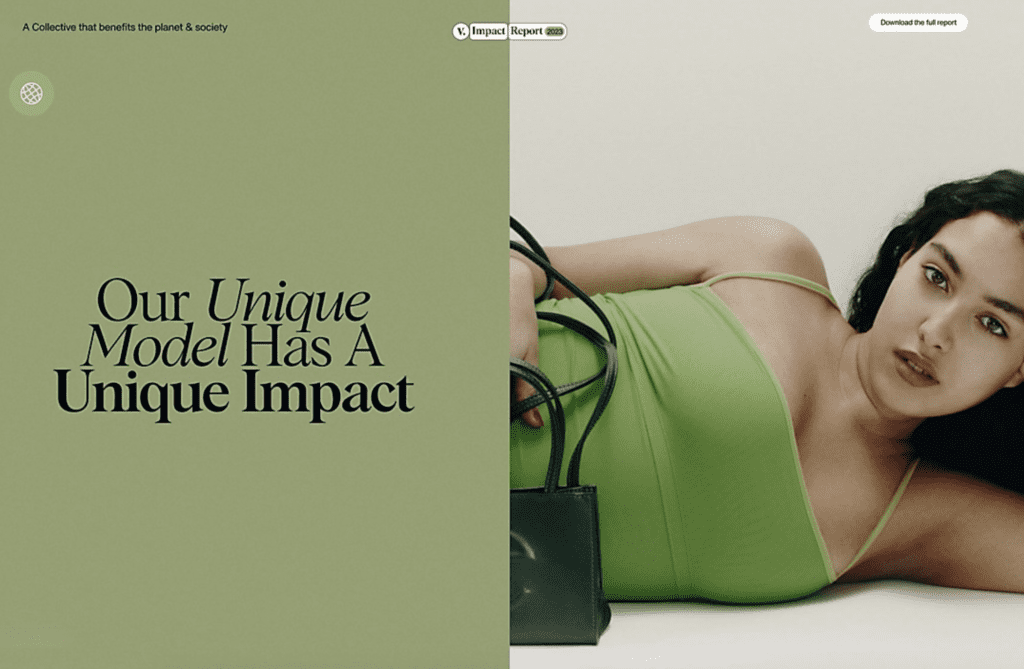Got 30,000 followers on social media? You’re a celebrity, according to a new ruling from the United Kingdom’s advertising regulator. In a recently-released decision centering on an Instagram post from mommy blogger ThisMamaLife’s Sarah Willox Knott promoting an over-the-counter sleep aid, the British Advertising Standards Authority (“ASA”) held that the drug-maker Sanofi ran afoul of the Committees of Advertising Practice (“CAP”) code by using a “celebrity” to endorse its product.
Acting on a complaint it received about Knott’s Instagram post, which promoted Phenergan Night Time as a “short term solution to insomnia for adults,” and included the hashtag #ad, the ASA initially determined that by enlisting Knott to promote the drug, Sanofi had made use of a celebrity, thereby, running afoul of the advertising code.
In response, the French multinational pharmaceutical company argued that Knott “had a small and niche following [on Instagram] which was unlikely to influence a medicinal decision taken by a consumer,” the ASA noted in its decision. Sanofi further asserted that it “did not believe the blogger constituted a celebrity, highlighting that she had 32,000 followers (as of April 2019) which was comparatively less than recognized celebrities on Instagram such as David Beckham (55 million followers).”
Despite the more than 54 million difference in followers maintained by soccer star David Beckham and Knott, the ASA ultimately found that the mommy blogger is, in fact, a celebrity for the purposes of the CAP Code. “We considered that [Knott’s following of] over 30,000 followers indicated that she had the attention of a significant number of people,” the ASA asserted. “Given that she was popular with, and had the attention of a large audience, we considered that ThisMamaLife was a celebrity for the purposes of the CAP Code,” and thus, Sanofi ran afoul of the code’s ban on using celebrities to endorse medication.
With its finding in mind, the ASA held that the ad “must not appear again,” and Sanofi must ensure that it does not use celebrities including social influencers to endorse medicines in the future.











